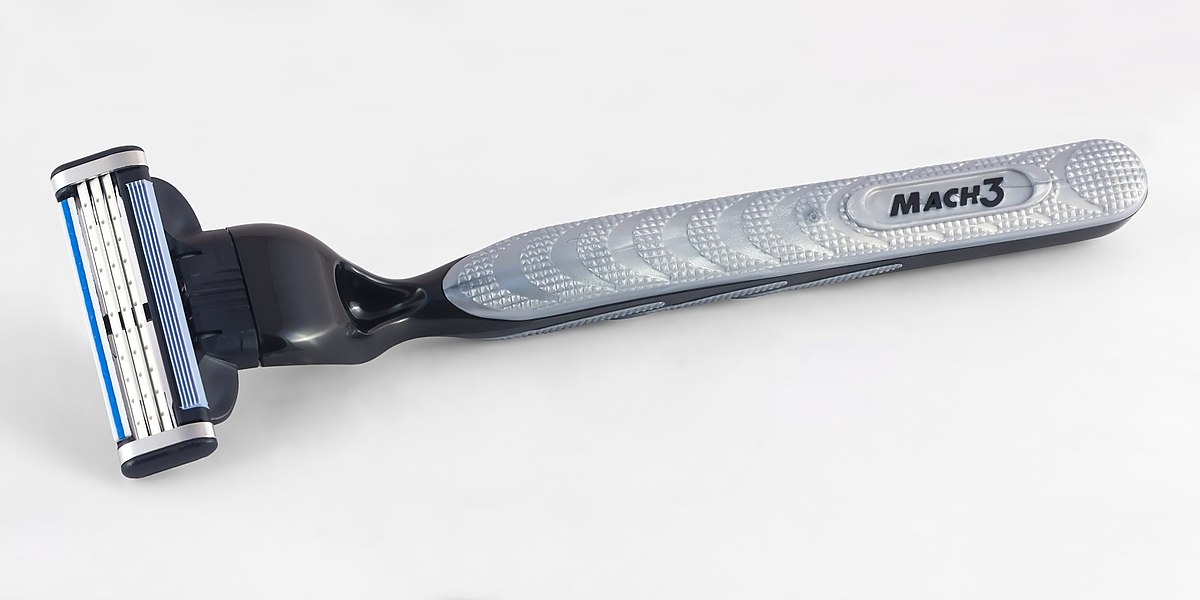Blades are not to be wiped. Years ago almost every brand of blades had the inscription DO NOT WIPE on the envelope. You'll remove the coating and thus deteriorate the edge.
This is something that is truly strange and I find this to be 100% unbelievable that the coating would be removed by wiping, in fact ridiculous despite what manufacturer says.
There can only be 2 reasons not to wipe a blade.
1) For fear of cutting one's self
2) To have the blade corrode faster
The edge of the blade takes a battering from cutting whiskers, which have the hardness of copper wire and do abrade the edge. Wiping would have nil effect relatively, IMO.
The material of DE razors is higher carbon steel that corrodes fairly quickly. My guess is that they also would manufacture them to last limited use and for ease of manufacturing.
The thickness of the cutting edge is very thin. And the bevel on the blade is just as important as it assists in cleaving the hair in two with the least amount of friction. In cookery we can use double bevels to help protect the edge by supporting it and also reduce friction when cutting.
Telling people not to wipe the blades in order to NOT protect the edge from corrosion is probably to help sell more blades which was the primary model of business.
King C Gillette's MOST famous quote: "Give them the razors for free and sell them the blades!".
"DO NOT WIPE THE BLADE", get it? All about sales and marketing.
Last edited:




